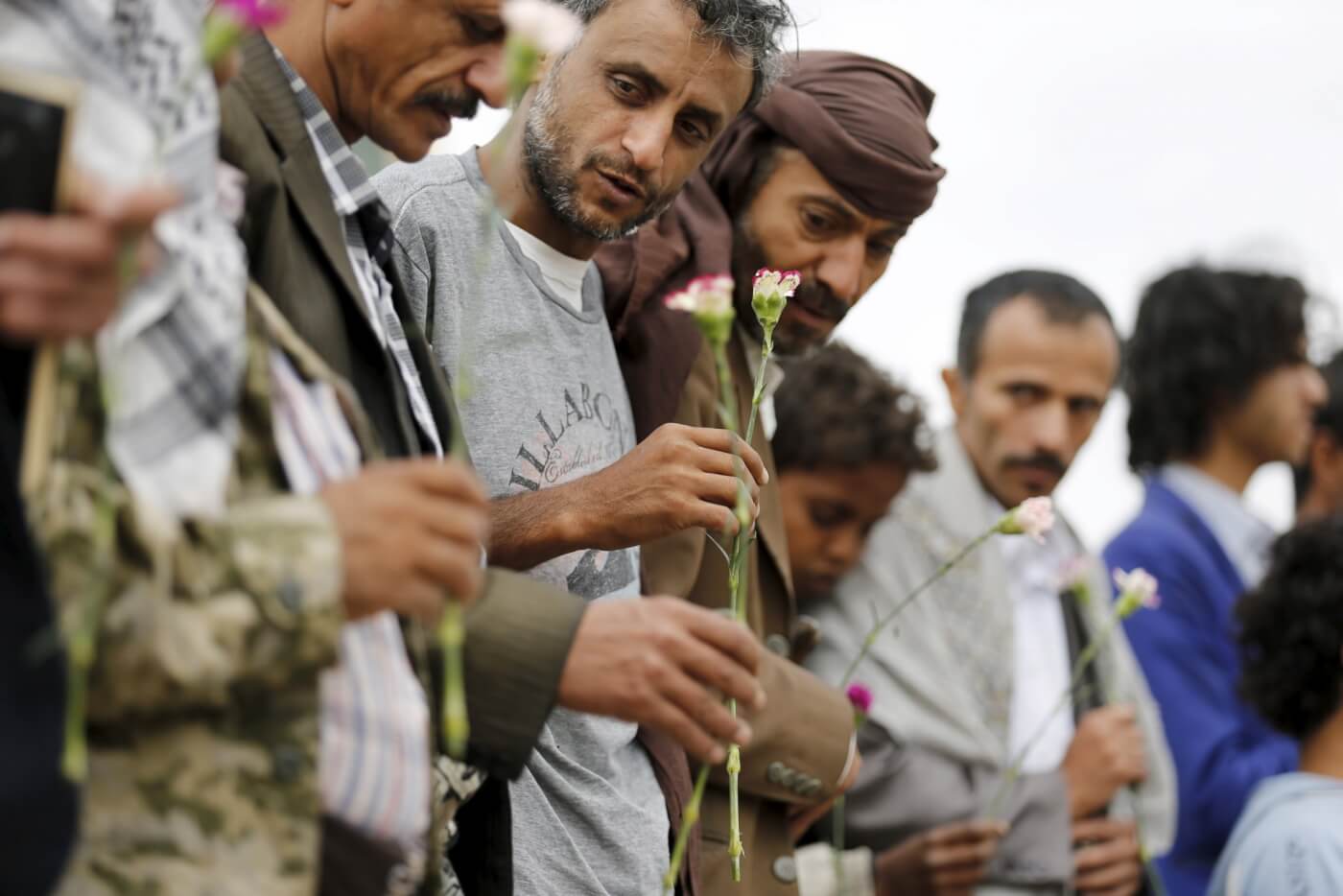The Baha’i International Community (BIC) has released a statement in which it calls for the Iranian government to be held accountable for its “campaign of hate speech against the Baha’is in Iran.”
The Baha’is are Iran’s largest non-Muslim religious minority and have remained the victims of targeted persecution since the end of secularism in Iran following the 1979 Islamic Revolution. The Baha’i faith is also not recognised in the Iranian constitution, making the 350,000 who live in Iran pariahs in their own country.
In their statement, the BIC expressed deep concerns regarding recent increases in the “sophistication and scale” of the Iranian government’s campaign of hate speech and propaganda.
“The unfolding strategy to demonize the Baha’i community is reflected in a growing and coordinated network of hundreds of websites, Instagram accounts, Telegram channels and Clubhouse rooms,” the statement reads, with content such as “Baha’is are unclean and enemies of your religion” and “Purchasing any goods from a Baha’i store is forbidden” frequently found on such platforms.
Diane Ala’i, Representative of the BIC to the United Nations in Geneva said that:
“We are concerned that the increasing spread of disinformation targeting the Baha’is may signal a severe increase in the persecution meted out against them.”
According to the 2019 annual report of the UN Special Rapporteur to Iran, Baha’is are considered “unprotected infidels” by the Iranian state. Therefore, they are often denied higher education, public sector jobs and pensions. Baha’is are also often the victims of arbitrary shop closures, the confiscation of businesses and unfair dismissal.
“Iran has consistently ignored its international obligations, and it is time that it is held to account for inciting hatred and committing countless human rights violations against the Baha’is with impunity” said Bani Dugal, the BIC’s Principal Representative to the United Nations, adding that “Hate crimes always begin with words. Let us not allow history to repeat itself.”
In the UN Special Rapporteur report on the situation of human rights in the Islamic Republic of Iran, it was found that discriminatory practices against ethnic and religious minorities persist, with forced evictions and land confiscation prominent in minority areas.
In a statement to the UN Human Rights Council, the Special Rapporteur said that “I am disturbed at the harassment, arbitrary arrests and imprisonments of religious minorities, particularly members of the Baha’i faith who have experienced a new wave of house raids and land confiscation.”
In recent months, the Iranian government’s persecution of the Baha’is appears to have intensified; carrying out a campaign of raids and unwarranted arrests in May of this year, with dozens of homes ransacked and over 20 Baha’is detained arbitrarily. Such incidents, the BIC says, are “nothing less than an extensive government campaign, the aim of which is the systematic eradication of the Baha’i community as a viable entity.”
The persecution of Baha’is is not limited to Iran, however. In late March of this year it was revealed that the Qatari government was expelling Baha’is and permanently refusing them reentry despite the fact that many had been born and raised in Qatar. The practice has been likened to religious cleansing, with experts suggesting that if it continues:
“an entire religious community could be erased in a few years”
Baha’is have also been the victims of abuse in Yemen, with cases of arbitrary arrests, detentions and imprisonments reported frequently by Sanaa’s tiny religious minority. Their rights remain unprotected and are believed to be the most persecuted group in Yemen. In a 2018 press statement, a spokesperson for the US State Department expressed deep concern regarding the treatment of Baha’i in Yemen, adding that “The Houthis have targeted the Baha’i community in inflammatory speech along with a wave of detentions, “court summons,” and punishment without a fair or transparent legal process.”
The persecution of religious minorities such as the Baha’i must not continue unabated. The international community and the governments of Iran, Qatar and Yemen have an obligation to ensure that the fundamental rights of vulnerable groups are protected sufficiently.

